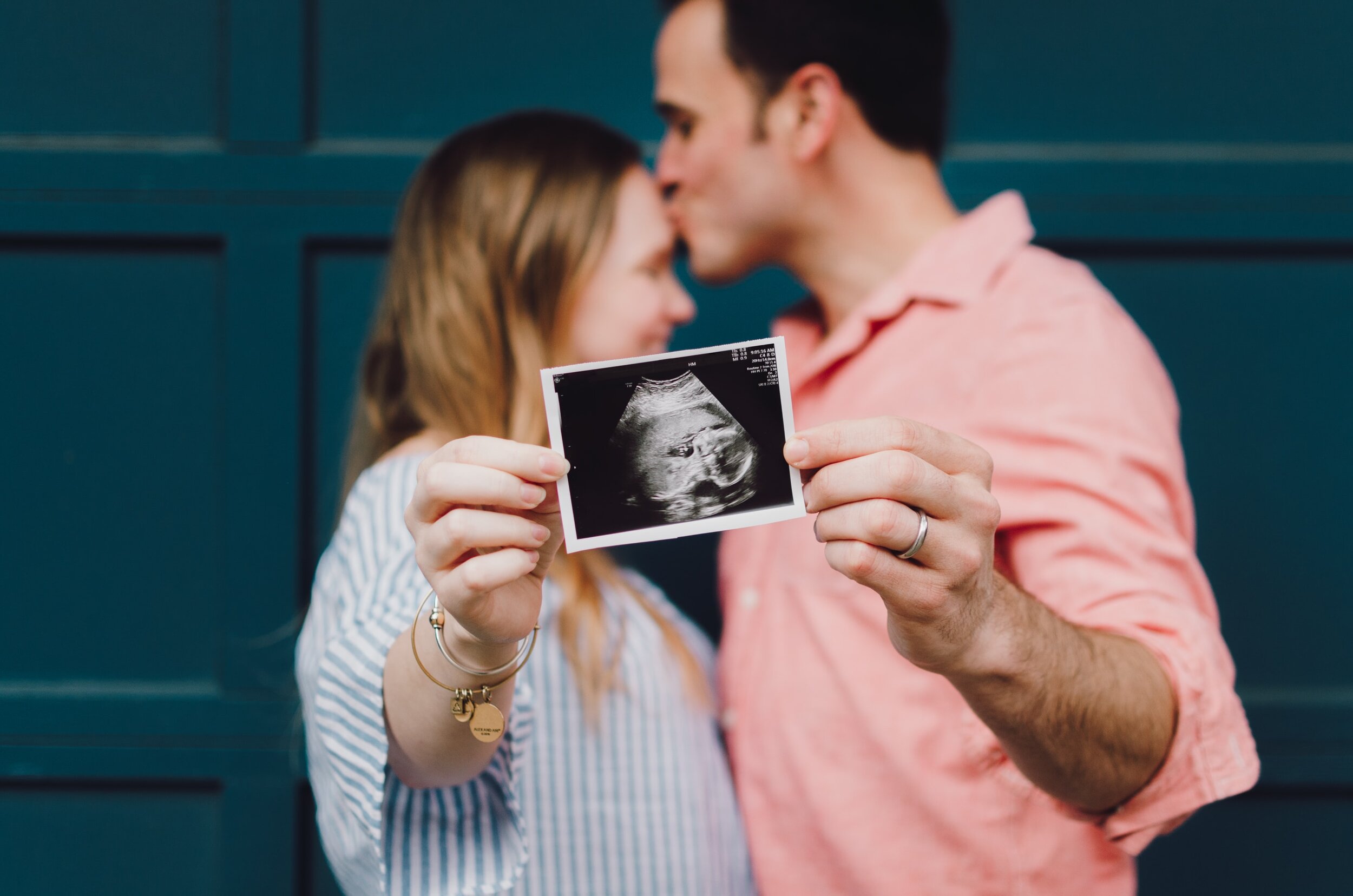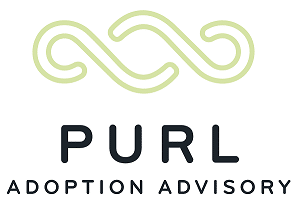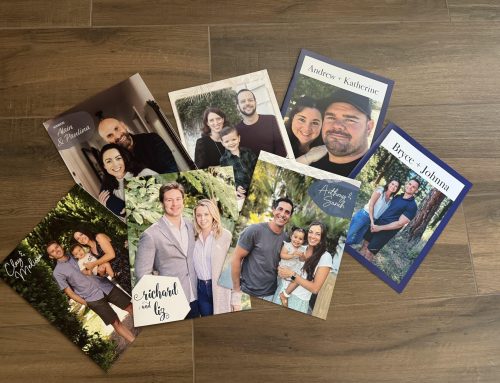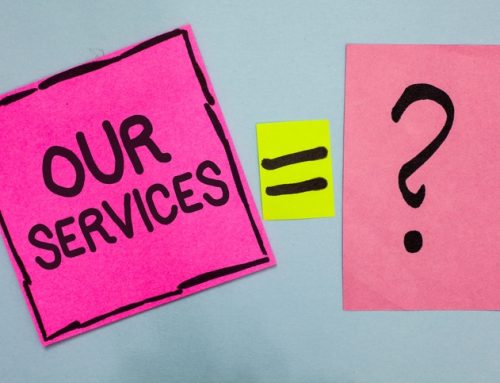
As we have discussed before, the domestic infant adoption world has changed significantly in the last few years, but particularly since the pandemic began. There are less domestic adoption opportunities and many more prospective adoptive families waiting to adopt than usual. In many ways that is positive, if it means that pregnant moms are able to parent their children. But it can be very difficult for families looking to grow their families through adoption.
You can read more about what we are seeing in our updates from April 2021, July 2020 and March 2020. There’s no question that the domestic infant adoption world is crowded and families are taking longer to match and adopt through domestic infant adoption. Because of that, many families have turned to embryo donation/adoption, another assisted reproduction method to grow a family, but potentially at lower cost and with different risks than traditional infant adoption. Read more about our own founder’s embryo adoption journey and some basics about embryo adoption here.
So while the domestic adoption world has only gotten more crowded, the same cannot be said for embryo adoption. In fact, there are hundreds of thousands of frozen embryos nationwide, with many available immediately for closed to open donation/adoption for families able to carry a pregnancy to term. So the question is, who can potentially find success with embryo donation/adoption? Here are some factors to consider when deciding if embryo donation/adoption is right for you:
-
Is there any known reason you cannot carry a child to term? This is necessary for embryo donation/adoption, unless you are prepared to use a surrogate/gestational carrier.
-
Do you have issues with egg/sperm quality? If that’s where your fertility concerns are centered, embryo adoption could be a great option for you.
-
Do you want to experience childbirth, even if it is with a donor embryo?
-
Are you particularly concerned about drug/alcohol exposure during the child’s pregnancy?
-
Were you adopting instead of conceiving in order to avoid passing along an inheritable condition to your child? If so, embryo donation/adoption allows you to carry a child, but not a child with your genetic makeup.
-
Are you concerned about having a child of a particular descent? The vast majority of the frozen embryos that are available for donation/adoption are Caucasian, but there are options for Asian, Hispanic, Indian and only limited options for African-American embryos.
-
Is domestic infant adoption too expensive for you? The average cost of domestic infant adoption is around $40,000. Embryo donation/adoptions can be much less than that, particularly if a family is successful on the first frozen embryo transfer, with average costs being less than $20,000.
-
Are you really wanting a more closed or semi-closed adoption or simply an exchange of information about the donor? Domestic adoptions are continuing to be more open given that the research shows that is better for the adoptee. While we advocate for open, truthful communication with the child about how they were conceived in both domestic adoption and embryo donation/adoption, there were more possibilities for closed or semi-closed/semi-open relationships in embryo donation/adoption.
-
Are you concerned about the trauma that undoubtedly exists in adoption? Adoption is definitely not all cupcakes and rainbows, every prospective adoptive parent should be aware that their child through adoption can and likely will face some trauma from their adoption. Many people think there is less trauma that exists through embryo donation/adoption as long as communication is open about the way the family was formed.
We now have an Embryo Adoption Coaching package we are offering to give guidance to families considering embryo donation/adoption, which you can see on our current pricing sheet. Please contact us to learn more about this option for growing your family.

As we have discussed before, the domestic infant adoption world has changed significantly in the last few years, but particularly since the pandemic began. There are less domestic adoption opportunities and many more prospective adoptive families waiting to adopt than usual. In many ways that is positive, if it means that pregnant moms are able to parent their children. But it can be very difficult for families looking to grow their families through adoption.
You can read more about what we are seeing in our updates from April 2021, July 2020 and March 2020. There’s no question that the domestic infant adoption world is crowded and families are taking longer to match and adopt through domestic infant adoption. Because of that, many families have turned to embryo donation/adoption, another assisted reproduction method to grow a family, but potentially at lower cost and with different risks than traditional infant adoption. Read more about our own founder’s embryo adoption journey and some basics about embryo adoption here.
So while the domestic adoption world has only gotten more crowded, the same cannot be said for embryo adoption. In fact, there are hundreds of thousands of frozen embryos nationwide, with many available immediately for closed to open donation/adoption for families able to carry a pregnancy to term. So the question is, who can potentially find success with embryo donation/adoption? Here are some factors to consider when deciding if embryo donation/adoption is right for you:
-
Is there any known reason you cannot carry a child to term? This is necessary for embryo donation/adoption, unless you are prepared to use a surrogate/gestational carrier.
-
Do you have issues with egg/sperm quality? If that’s where your fertility concerns are centered, embryo adoption could be a great option for you.
-
Do you want to experience childbirth, even if it is with a donor embryo?
-
Are you particularly concerned about drug/alcohol exposure during the child’s pregnancy?
-
Were you adopting instead of conceiving in order to avoid passing along an inheritable condition to your child? If so, embryo donation/adoption allows you to carry a child, but not a child with your genetic makeup.
-
Are you concerned about having a child of a particular descent? The vast majority of the frozen embryos that are available for donation/adoption are Caucasian, but there are options for Asian, Hispanic, Indian and only limited options for African-American embryos.
-
Is domestic infant adoption too expensive for you? The average cost of domestic infant adoption is around $40,000. Embryo donation/adoptions can be much less than that, particularly if a family is successful on the first frozen embryo transfer, with average costs being less than $20,000.
-
Are you really wanting a more closed or semi-closed adoption or simply an exchange of information about the donor? Domestic adoptions are continuing to be more open given that the research shows that is better for the adoptee. While we advocate for open, truthful communication with the child about how they were conceived in both domestic adoption and embryo donation/adoption, there were more possibilities for closed or semi-closed/semi-open relationships in embryo donation/adoption.
-
Are you concerned about the trauma that undoubtedly exists in adoption? Adoption is definitely not all cupcakes and rainbows, every prospective adoptive parent should be aware that their child through adoption can and likely will face some trauma from their adoption. Many people think there is less trauma that exists through embryo donation/adoption as long as communication is open about the way the family was formed.
We now have an Embryo Adoption Coaching package we are offering to give guidance to families considering embryo donation/adoption, which you can see on our current pricing sheet. Please contact us to learn more about this option for growing your family.



